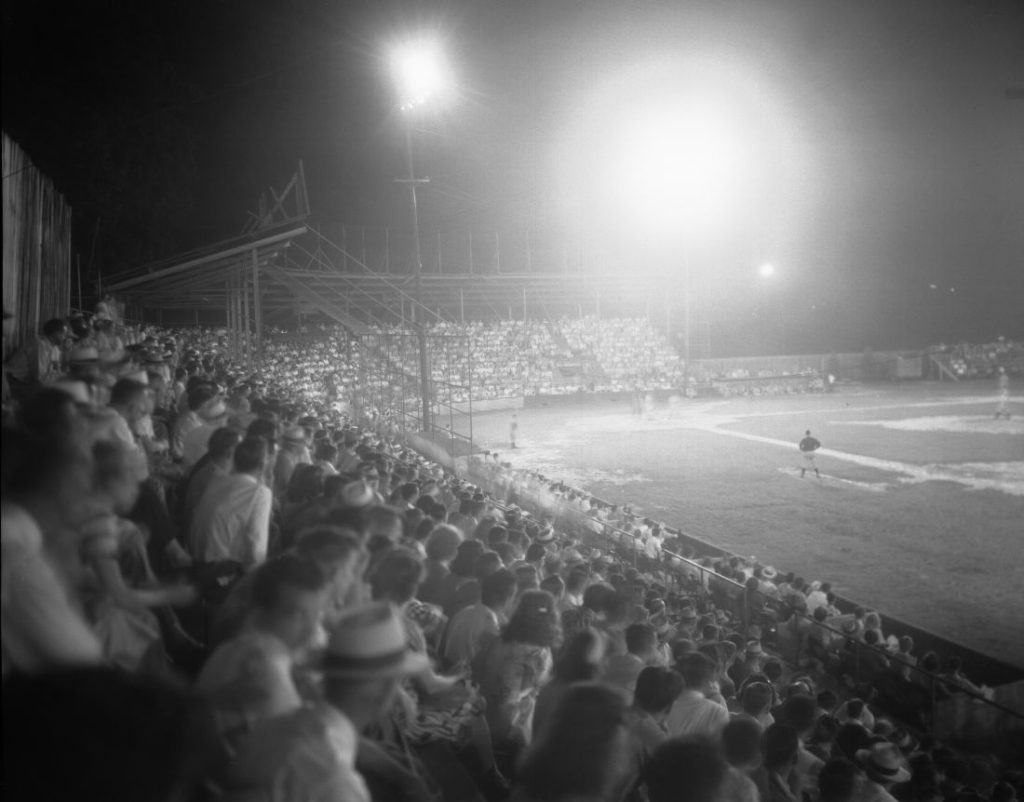Raleigh’s MLB Aspirations: A Mix of Skepticism and Hope
Whenever Raleigh is mentioned as a potential candidate for a Major League Baseball expansion team, the response often ranges from disbelief to ridicule. “People often react by saying, ‘Really? Raleigh?’” noted Wayne McDonnell, an associate professor of sports industry management at Georgetown University. However, he adds, once the facts are presented, many find the idea quite sensible.
The Case for Raleigh
MLB has not expanded in 27 years but plans to add two new teams by 2029, coinciding with Commissioner Rob Manfred’s retirement. For the past seven years, advocates have been rallying support for Raleigh as a viable candidate. The MLB Raleigh initiative was launched in 2018 when Lou Pascucci and Ryan Foose, two friends, discussed the absence of Raleigh in expansion conversations while watching a game at a bar.
Research and Support
Pascucci and Foose delved into demographic and economic data, analyzing population density within an hour’s drive, media market size, and income levels, leading them to conclude that Raleigh performed exceptionally well in all these metrics. The campaign, which also includes fan Will Gadd, has utilized meetups, media outreach, and merchandise sales to create buzz. Prominent local figures, including Mayor Janet Cowell and Carolina Hurricanes owner Tom Dundon, have voiced their support.
Challenges Ahead
Despite this momentum, Raleigh faces significant hurdles. The city has not hosted any professional baseball for 54 years, making it the largest U.S. city without such a service within a 20-mile radius. Critics question whether Raleigh can genuinely support a Major League team, making the need for solid proof of demand all the more crucial.
A Look Back at Baseball History
Raleigh has an intriguing, albeit distant, history with professional baseball. The city had its first minor league team, the Capitals, in 1912, playing at League Park, which was home to several future MLB stars. However, after multiple cycles of team operations, including the Capitals and their eventual folding in 1932, professional baseball in Raleigh dwindled significantly. The last minor league game took place in 1971, ending a long chapter of local baseball history.
Current Opportunities and Competition
Raleigh’s advocates, including Pascucci, believe the absence of a team has only built a greater demand for one. The region’s population is set to grow, and the city is surrounded by MLB loyalists due to an influx of residents from various states with existing teams. Analysts have highlighted the importance of Raleigh’s demographics and potential fanbase in making its case for MLB inclusion.
Conclusion: A Future in the Making
As discussions continue, local advocates like Dundon are positioning Raleigh favorably for a potential MLB team, demonstrating a commitment to establishing a solid ownership group. Data supports the city’s prospective growth, making a strong case that Raleigh could finally break its 54-year losing streak in professional baseball.



